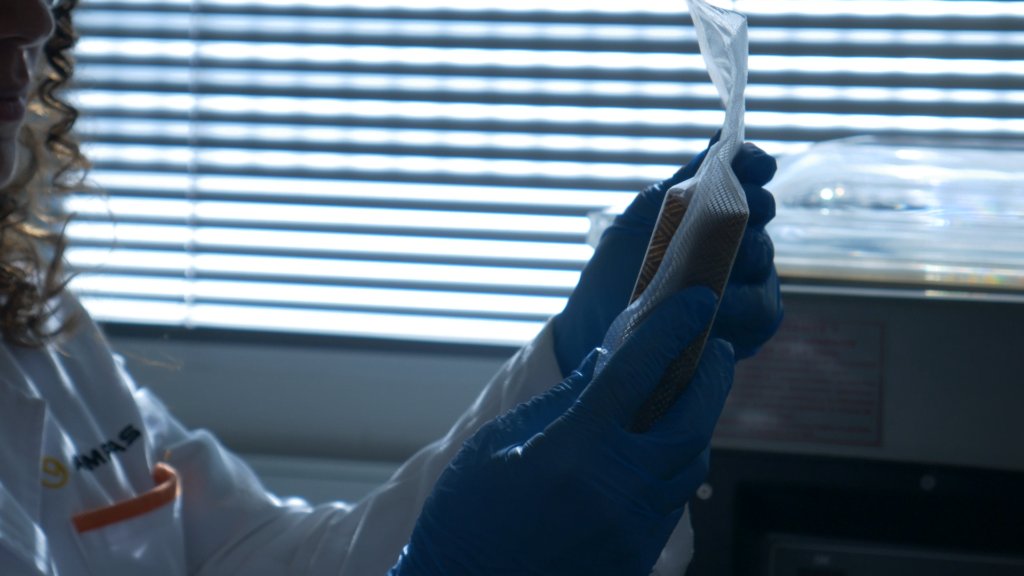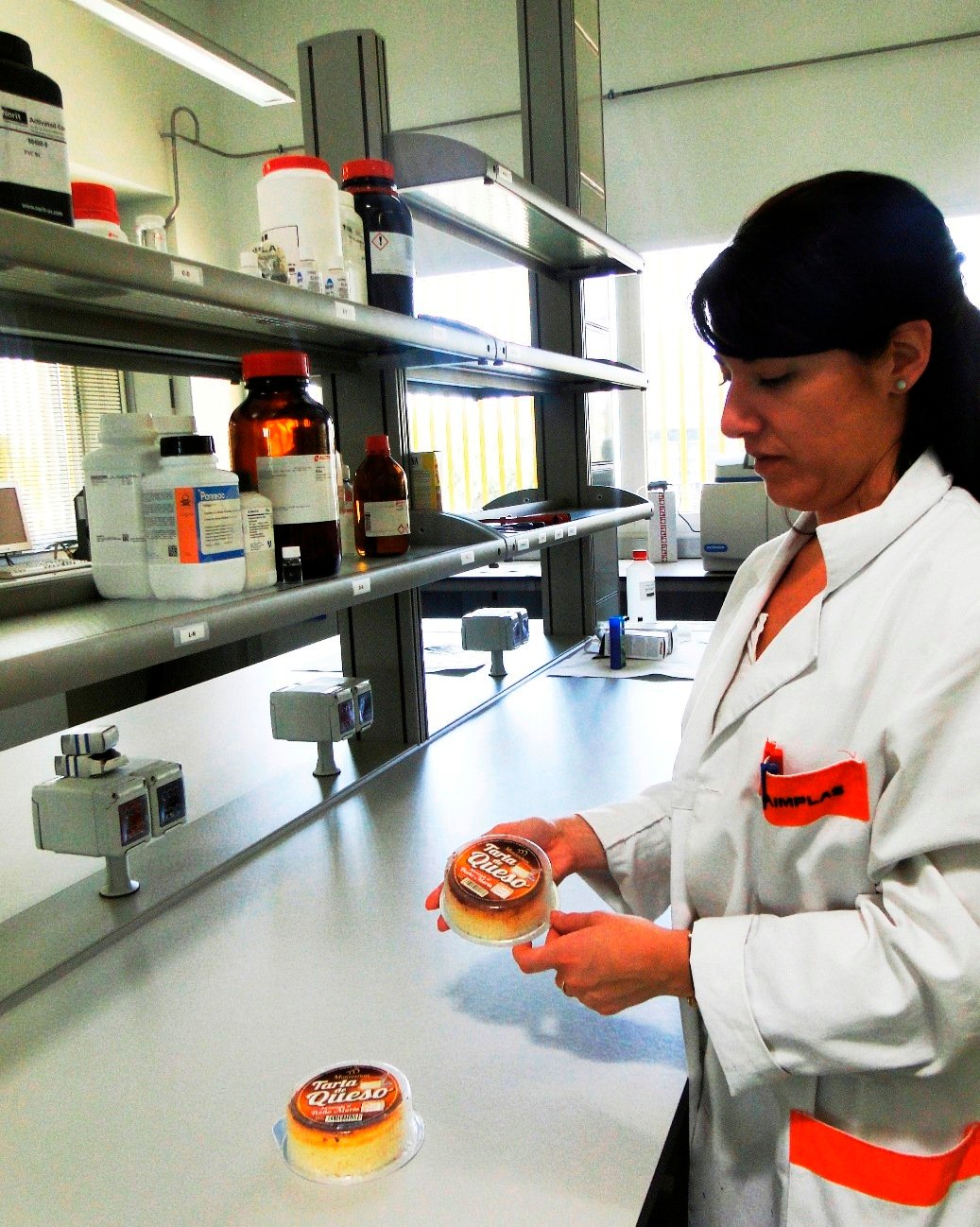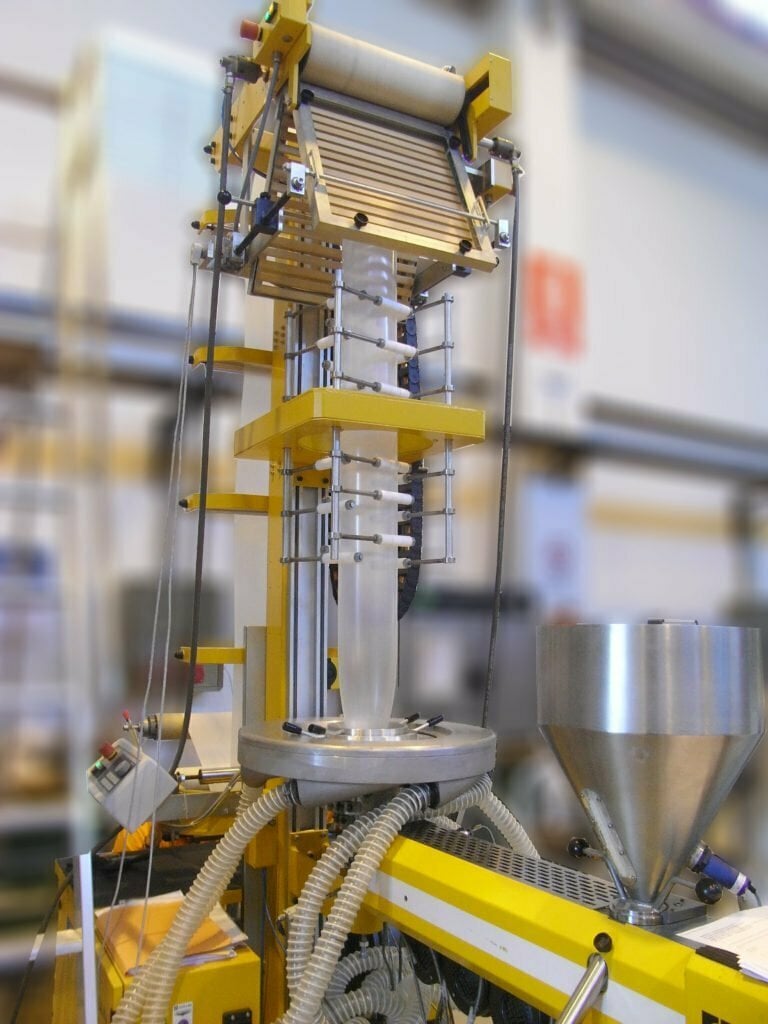Project to turn whey into coatings that extend cheese shelf life by 25%-50% and to provide probiotic ingredients for animal feed

According to the Food and Agriculture Organization of the United Nations, each year more than 18 million tonnes of cheese are produced worldwide, a process that generates around 180 million litres of whey.
Major cheese companies can recover the valuable nutritional properties of whey by implementing recovery processes, but small artisanal cheese factories, which represent a significant part of the industry, cannot afford this equipment and their whey ends up as waste that is hazardous if disposed in the environment.
To provide a response to this problem, AIMPLAS, ADM Biópolis, La Cabezuela, Dehesa Dos Hermanas, FEDACOVA (Agri-Food Business Federation of the Valencian Community) and the Universitat de València have implemented the GO Orleans Project to transform this by-product of cheese manufacturing into new value-added products.
Natural antimicrobial coatings will be developed for use in packaging to extend the shelf life of cheese by 25%-50%. New probiotic ingredients will also be added to livestock feeds to protect the digestive system and contribute to animal wellbeing.
Project partners
Two Spanish cheese companies are also participating in the project, Dehesa Dos Hermanas, a sheep cheese factory in Huelva, and Quesos La Cabezuela, a goat cheese company in Madrid.
Project member ADM Biópolis provides its expertise in probiotic design and validation while the Universitat de València contributes its expertise on the study of antimicrobial activity. “We’ll first separate bacteria with biopreservation potential. Then we’ll characterize the compounds in the matrix, which is whey,” said Giuseppe Meca, professor in the Department of Preventive Medicine at the Universitat de València.
“AIMPLAS is working on the formulation of a functional coating containing whey as an active component with antimicrobial properties. Application has therefore been planned on plastic film to obtain active packaging prototypes for cheese,” said Alicia Naderpour, a packaging researcher at AIMPLAS.
FEDACOVA will be responsible for transferring developments to companies in the agri-food industry. “FEDACOVA is participating in this project to transfer research findings to the Valencian agri-food industry, especially companies in the Association of Cheesemakers of the Valencian Community and individual members. This will help improve industry competitiveness, which will ultimately benefit society as a whole,” said Sergio Barona, General Secretary of FEDACOVA.
GO Orleans is a clear example of a circular economy initiative in line with SDG 9 on Industry, Innovation and Infrastructure, SDG 12 on Responsible Consumption and Production, and SDG 13 on Climate Action.
Implementation of innovation projects of general interest by operational groups of the Agricultural European Innovation Partnership (EIP-AGRI) (Sub-measure 16.2 of the Spanish Rural Development Programme 2014-2020) 2020 call.

The GO Orleans project aims to recover dairy waste through the development of bioactive packaging. The body responsible for the content of this press release is the consortium made up of the beneficiary partners of the GO Orleans beneficiary of aid for the execution of innovation projects of general interest by operating groups of the European Association for innovation in agricultural productivity and sustainability, within the National Rural Development Program 2014-2020. The financing of this aid will be carried out 80% from the European Agricultural Fund for Rural Development (EAFRD) and 20% from the Ministry of Agriculture, Fisheries and Food, being the managing authority in charge of applying the aid the General Direction of Rural Development, Innovation and Agrifood Training (DGDRIFA). The total aid budget amounts to 598,659.77 euros.



